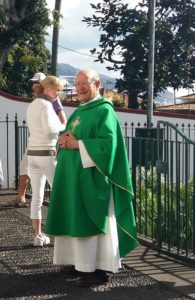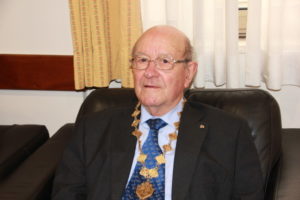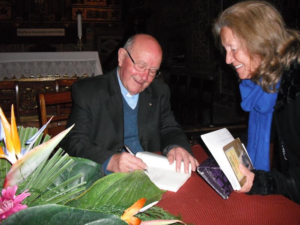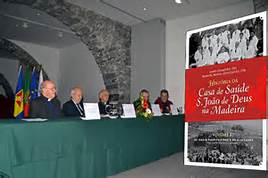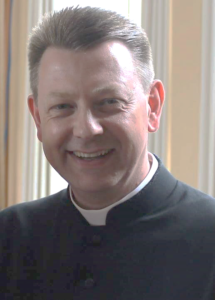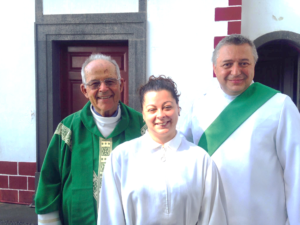FOOLISH MANNER IN WHICH TO ASK AND TO GIVE TO THE POOR IN SAINT JOHN OF GOD… continued from last week’s newsletter
by Father Gameiro
Maybe this saint was somehow a fool when dealing with poor people. And was Jesus not asking us to give everything to the poor and to follow him? Once a friend of Saint John of God met with him and tried to blame and to advise him to be wiser when he gave alms on the street, and on whom he admitted in his hospital. He humbly answered:
«I know nothing, brother…When they ask me for some aid, for God’s love, I have to give it, even if it is my life. The rest is up to them» (cf. Pleyto, witness Benito de los Rios 15th question and CASTRO,chap. XIIII).
On another occasion he was still more specific on his vision and respect of his divine anthropology principles:
«I ask for God’s love, they give me for God’s love, and I have to give for God’s love». And anticipating an objection to the misuse of his good intentions, he added: «What they do with the aid I give them, it is up to them. They are accountable to God».
Jesus told Peter to forgive his offenders 70×7. Saint John of God is an example of promptitude in pardoning. Better soon than later. One day a woman he had taken from the prostitution house, and whom he was helping in her process of getting an independent and autonomous life, offended him. She used some black-mail with him, demanding more than he could give her. At that moment he had nothing with him to give to her. She offended him, calling him a hypocrite and other bad names. His answer was very calm:
«take these two little coins, and go and tell everyone in the market place what you said».
She became even more angry and doubled the offensive words. As he saw her so upset, and to leave her more comfortable, he told her calmly:
«sooner or later I have to forgive you. Well, I will forgive you right now». It was a blessed forgiveness. The biographer adds that she proclaimed all this aloud at the Saint’s funeral (CASTRO, chap XV).
ALL IS DOING GOOD FOR GOD. John teaches us that the righteous way of doing good is a golden rule. The heart logic of his life is clarified with an answer given in the town of Valladolid two years before his death. Saint John of God went on a nine month journey, on foot, taking with him some recommendation letters to the Prince-King in order to collect some alms and donations in the royal Court, so that he could pay the debts he had made by assisting his poor patients in Granada, which he could not afford to pay.
During these months there in Valladolid, he received a lot of money, but at the same time as he went around, he met many poor and patients and could not but help them. So his generous benefactors started to worry and alerted him:
«brother John, you have to keep the money for your poor and to pay the debts in Granada, you are giving everything here»… Brother John replied: «to give here or in Granada, all is doing good for God, He is everywhere» (CASTRO, chap. XVI ).
The benefactors had to start giving him certificates which could only be payable in Granada, instead of money. And so, arriving there in Granada, he could pay some debts and buy dowries for girls he had in adoption families to be educated and trained to get married. John took sixteen of them to the altar for marriage in only one day, says his biographer (CASTRO; chap XIII).
